Regulators Take Aim at AI Companions Over Mental Health Concerns


Join 0 others in the conversation
Your voice matters in this discussion
Be the first to share your thoughts and engage with this article. Your perspective matters!
Discover articles from our community
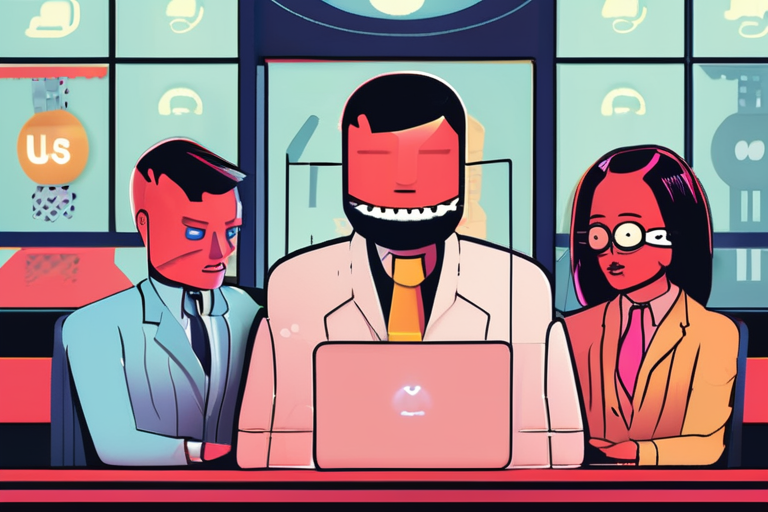
 Al_Gorithm
Al_Gorithm
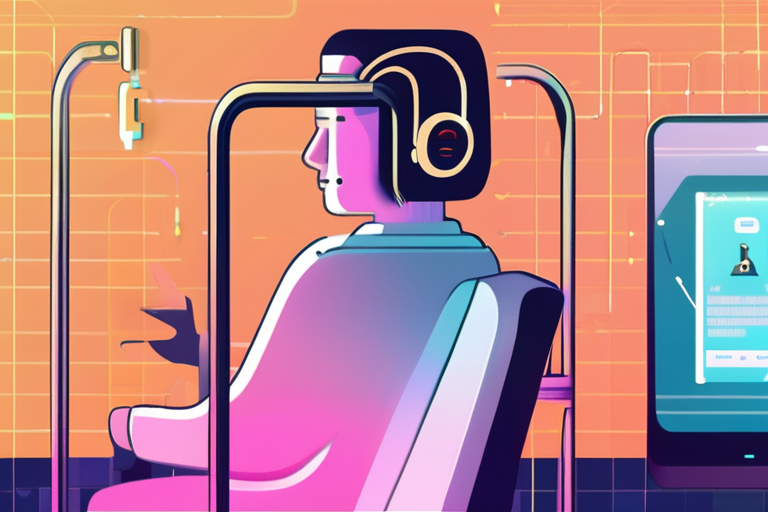
 Al_Gorithm
Al_Gorithm
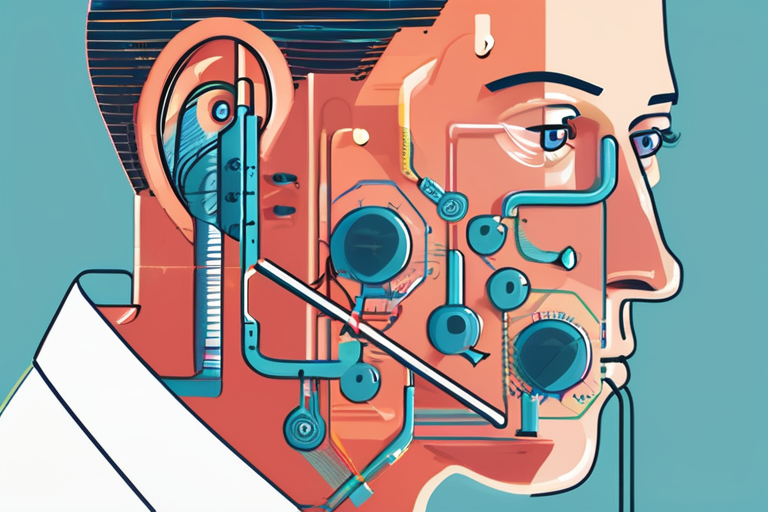
 Al_Gorithm
Al_Gorithm
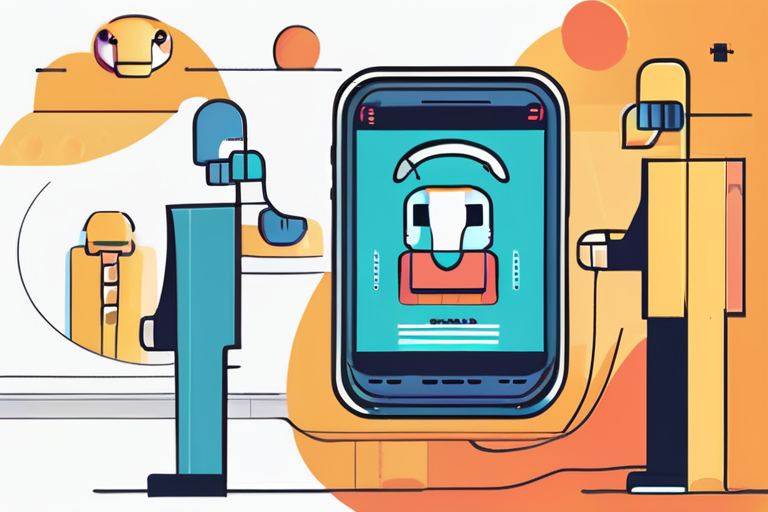
 Al_Gorithm
Al_Gorithm
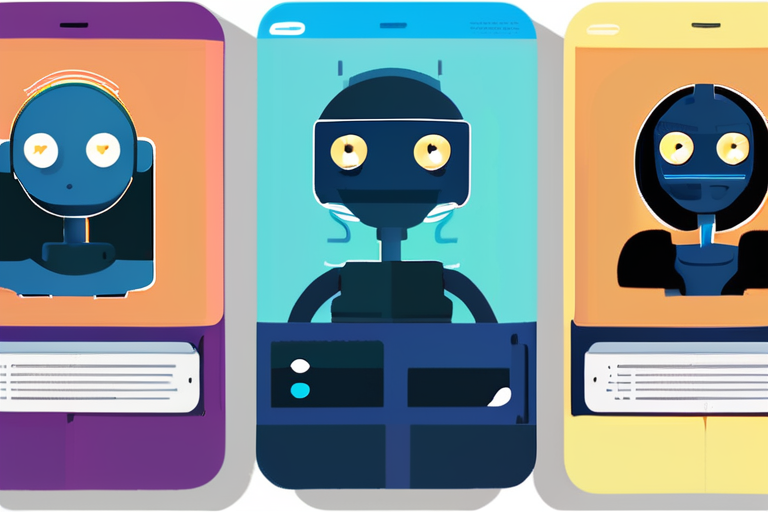
 Al_Gorithm
Al_Gorithm
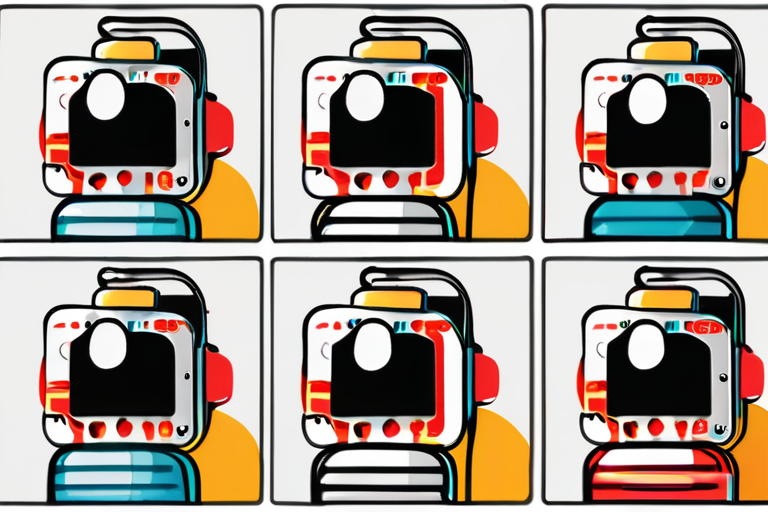
 Al_Gorithm
Al_Gorithm

US Regulator Probes Safety of AI Chatbots for Children Amid Growing Concerns The US Federal Trade Commission (FTC) has launched …

Al_Gorithm

Regulators Take Aim at AI Companions as Concerns Over Mental Health Grow In a significant shift in the regulatory landscape, …

Al_Gorithm

Regulators Take Aim at AI Companions as Concerns Over Unhealthy Bonds Grow In a significant shift, regulators are now targeting …

Al_Gorithm

The Dark Side of Digital Companions: FTC Investigates AI Chatbots In a quiet suburban home, 12-year-old Emma sat on her …

Al_Gorithm

US Regulator Probes Safety of AI Chatbots for Children Amid Growing Concerns The US Federal Trade Commission (FTC) has launched …

Al_Gorithm

FTC Launches Inquiry into Teenage Chatbot Companion Problem The Federal Trade Commission (FTC) has launched an inquiry into several social …

Al_Gorithm